Biogeography
Biogeography is the study of the distribution of species and ecosystems in geographic space and through geological time. This field of science combines principles of biology, ecology, geography, geology, and climatology to understand the patterns and processes that shape the biodiversity of the Earth.
Key Concepts in Biogeography
- Species Distribution: Biogeographers study the geographical distribution of plants, animals, and other organisms to understand how and why species are distributed in specific regions.
- Evolutionary Biogeography: This focuses on understanding how historical events such as continental drift, glaciations, and other geological and climatic changes have influenced the evolution and distribution of species.
- Island Biogeography: The study of species diversity and distribution on islands, which serves as a natural laboratory for understanding the processes of colonization and extinction.
- Conservation Biogeography: This subfield applies biogeographical principles to the conservation and management of natural resources and biodiversity.
Study Guide for Biogeography
To effectively study biogeography, it is important to understand the following key areas:
- Understand the principles of ecology and how they relate to the distribution of species.
- Learn about the major biomes and ecosystems of the world and the unique species that inhabit each of these regions.
- Study the processes of speciation, extinction, and dispersal to understand how they contribute to the distribution of species.
- Explore the impact of human activities on the distribution of species and ecosystems, including habitat destruction, climate change, and invasive species.
- Understand the methods and tools used in biogeographical research, such as GIS (Geographic Information Systems), remote sensing, and phylogenetic analysis.
By mastering these key areas, students can gain a comprehensive understanding of the fundamental principles and applications of biogeography.
.◂Science Worksheets and Study Guides Seventh Grade. Cell Reproduction
Study Guide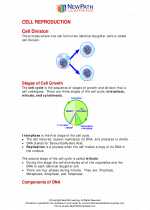 Cell Reproduction
Cell Reproduction  Activity Lesson
Activity Lesson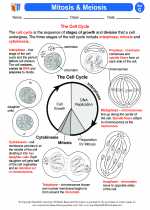 Mitosis & Meiosis
Mitosis & Meiosis  Worksheet/Answer key
Worksheet/Answer key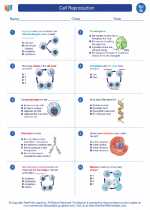 Cell Reproduction
Cell Reproduction  Worksheet/Answer key
Worksheet/Answer key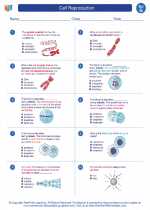 Cell Reproduction
Cell Reproduction  Worksheet/Answer key
Worksheet/Answer key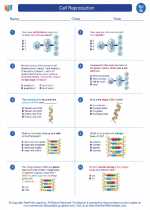 Cell Reproduction
Cell Reproduction  Vocabulary/Answer key
Vocabulary/Answer key Cell Reproduction
Cell Reproduction  Vocabulary/Answer key
Vocabulary/Answer key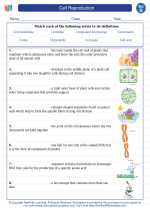 Cell Reproduction
Cell Reproduction  Vocabulary/Answer key
Vocabulary/Answer key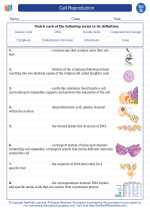 Cell Reproduction
Cell Reproduction  Vocabulary/Answer key
Vocabulary/Answer key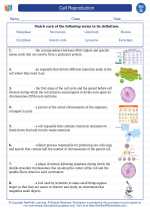 Cell Reproduction
Cell Reproduction  Vocabulary/Answer key
Vocabulary/Answer key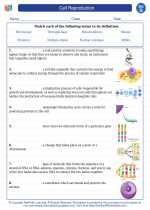 Cell Reproduction
Cell Reproduction  Vocabulary/Answer key
Vocabulary/Answer key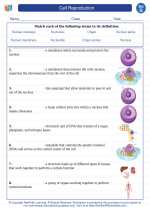 Cell Reproduction
Cell Reproduction  Vocabulary/Answer key
Vocabulary/Answer key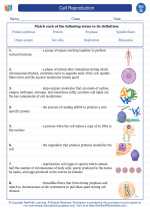 Cell Reproduction
Cell Reproduction  Vocabulary/Answer key
Vocabulary/Answer key Cell Reproduction
Cell Reproduction 

 Activity Lesson
Activity Lesson
 Worksheet/Answer key
Worksheet/Answer key
 Worksheet/Answer key
Worksheet/Answer key
 Worksheet/Answer key
Worksheet/Answer key
 Vocabulary/Answer key
Vocabulary/Answer key
 Vocabulary/Answer key
Vocabulary/Answer key
 Vocabulary/Answer key
Vocabulary/Answer key
 Vocabulary/Answer key
Vocabulary/Answer key
 Vocabulary/Answer key
Vocabulary/Answer key
 Vocabulary/Answer key
Vocabulary/Answer key
 Vocabulary/Answer key
Vocabulary/Answer key
 Vocabulary/Answer key
Vocabulary/Answer key

The resources above cover the following skills:
LIFE SCIENCE
From Molecules to Organisms: Structures and Processes
Gather and synthesize information to explain how prokaryotic and eukaryotic cells differ in structure and function, including the methods of asexual and sexual reproduction.